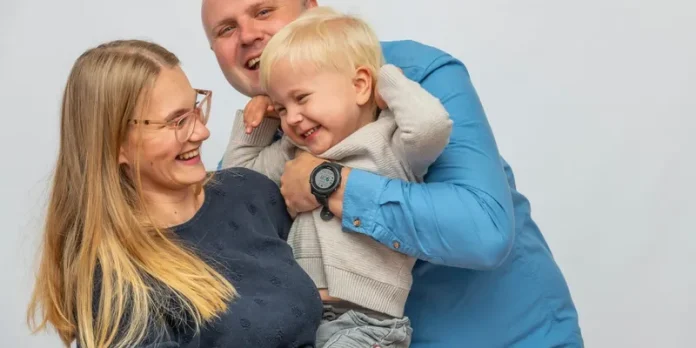Autism is a neurodevelopmental disorder that affects social interaction, communication, and behavior. In Australia, approximately 1 in 70 people are diagnosed with autism, and the prevalence rate is increasing. Autism diagnosis in Australia is a complex and multi-step process that involves a team of professionals. This article will provide an overview of the process, what to expect, and some resources available for individuals and families navigating an autism diagnosis in Australia.
The Autism Diagnosis Process in Australia
The diagnosis of autism in Australia involves a series of assessments and evaluations to determine if an individual meets the criteria for an autism spectrum disorder. The process usually involves the following steps:
- Referral: The first step in the autism diagnosis process in Australia is usually a referral from a general practitioner, pediatrician, or other healthcare professional. They may refer an individual to a specialist in developmental and behavioral pediatrics, child psychiatry, or psychology.
- Initial Assessment: The specialist will conduct an initial assessment to determine if an individual meets the criteria for an autism diagnosis in Australia. This may include a medical evaluation, developmental history, and observation of behavior.
- Diagnostic Assessment: If an individual meets the criteria for an autism diagnosis in Australia, a diagnostic assessment will be conducted. This assessment will usually involve a series of standardized tests and observations to evaluate an individual’s communication, social interaction, and behavior.
- Diagnosis: Based on the results of the diagnostic assessment, the specialist will make a diagnosis of an autism spectrum disorder or another developmental disorder.
What to Expect During the Autism Diagnosis Process in Australia
The autism diagnosis process in Australia can be overwhelming, but knowing what to expect can help individuals and families prepare. Here are some things to keep in mind:
- It takes time: The autism diagnosis process in Australia can take several weeks or even months to complete. Be patient and know that the specialists are working to provide the most accurate diagnosis possible.
- Bring information: Be prepared to provide information about your child’s development, behavior, and any concerns you may have. This information can help the specialists in making an accurate autism diagnosis in Australia.
- Testing can be stressful: The testing process can be stressful for both children and parents. It’s important to try to remain calm and supportive during this time.
- Additional support: After an autism diagnosis in Australia, additional support may be needed. This can include access to therapy services, support groups, and other resources.
Resources for Autism Diagnosis in Australia
There are many resources available to individuals and families navigating an autism diagnosis in Australia. Here are some resources that may be helpful:
- Autism Spectrum Australia (Aspect): Aspect is a not-for-profit organization that provides services and support for people on the autism spectrum and their families in Australia. They offer diagnostic assessments, therapy services, and educational resources.
- Australian Government Department of Health: The Australian Government Department of Health provides information about autism diagnosis and treatment options in Australia. They also offer information about funding and support services.
- Autism Awareness Australia: Autism Awareness Australia is a not-for-profit organization that provides information and resources about autism in Australia. They offer workshops, support groups, and a helpline for individuals and families.
Conclusion
An autism diagnosis in Australia can be overwhelming, but with the right support and resources, individuals and families can navigate the process with confidence. Understanding the diagnosis process, what to expect, and available resources can help make the journey easier. If you suspect that you or a loved one may have autism in Australia, don’t hesitate to seek a diagnosis and the support that you need.




